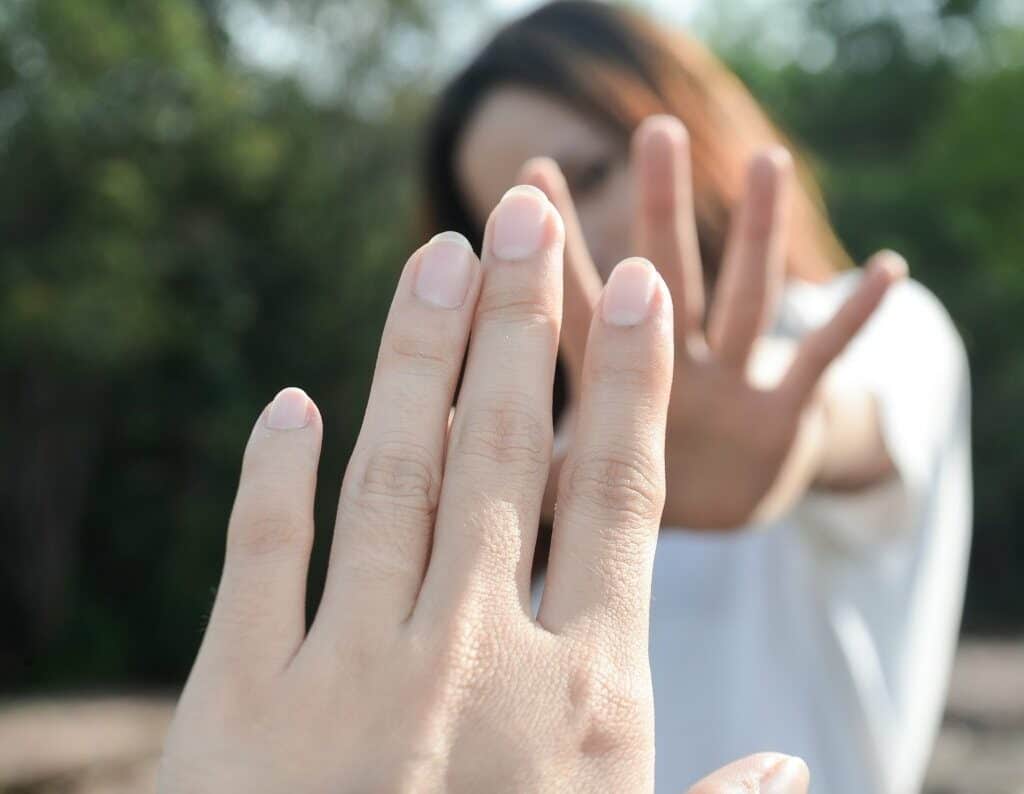Have you ever felt euphoria when buying followed by a void? This could be Oniomania, a shopping addiction that goes beyond occasional pleasure. Discover how to identify and confront it to protect your mental health and finances.
Between Ecstasy and Regret: Discovering Compulsive Shopping Syndrome
Who falls victim to this hurricane of uncontrollable shopping?
This syndrome, which creates an intense dependency, affects both men and women. They tend to be individuals between the ages of 30 and 40 struggling with low self-esteem, lack of self-control, insecurity and a propensity towards fantasy.
Loneliness and spiritual emptiness are also present in this portrait, as well as the presence of other disorders such as anxiety and depression.
Shopping addicts find temporary pleasure in shopping, an escape from stress and anxiety. But this fleeting satisfaction quickly fades upon realizing the accumulation of useless objects, which intensifies feelings of remorse and sadness, restarting the compulsive cycle of shopping.
Contrary to the casual shopper who can enjoy a desired purchase without losing control of their finances, the compulsive shopper experiences overwhelming ecstasy when buying, comparable to the sensation produced by drugs, with an inability to control their actions.
Oniomania: The Sinister Side of Consumerism and Its Impact on Mental Health
Addiction disorder experts point out that the compulsion to shop can be triggered by a combination of biological and social causes. Among these, the brain alteration that affects the function of serotonin, a key neurotransmitter in the regulation of impulses, plays a leading role.
Addiction to consumption is a reflection of our consumerist society, where buying has become a pastime rather than a necessity.
Advertising and media portray an image of success based on the quantity and quality of the goods one possesses, pushing people to quench this desire for social recognition through consumption.
The act of buying becomes a symbolic reflection of unfulfilled needs and emotional deficiencies. Acquired products can represent what one feels they lack, transforming the purchase into a hollow and repetitive ritual.
The consequences of Oniomania are devastating.
Shopping addicts delve into a world of fantasy, forgetting the real consequences of their actions. Exorbitant debts, family conflicts, anxiety and depression are just a few of the problems they face.
Addressing this addiction is a challenge, as unlike other addictions such as alcoholism or drug addiction, few people recognize they have a problem with shopping. However, acknowledging the problem is the first step towards recovery.
The assistance of a psychology professional can be key in overcoming this challenge, designing a personalized treatment plan that addresses the roots of the compulsion.
From the Shopping Cart to Tranquility
How to Take Control of Your Purchases for Conscious and Healthy Consumption
Although shopping can be a pleasurable experience, maintaining a healthy approach is fundamental. For those who feel their shopping habits might be edging towards compulsion, here are some recommendations to safeguard financial stability and emotional tranquility:
- Plan Ahead: make a list of what you genuinely need before leaving the house. This will help you avoid impulsive and repetitive purchases.
- Set a Budget: establish a spending limit. Knowing how much you can spend will allow you to have more control over your finances.
- Avoid Shopping in Vulnerable Emotional States: when feeling down or depressed, it is harder to control impulses. Avoid shopping as a means of emotional comfort.
- Don’t Fall for Advertising Traps: advertising seeks to persuade you to buy. Maintain a critical mind towards commercial messages.
- Be Practical and Focused: go straight to what you need and avoid wandering around stores, as you might end up buying something you didn’t expect.
- Ignore Unnecessary Offers: deals can be tempting but if you don’t truly need the product, it’s not worth it.
If upon reviewing your purchases once you get home, you realize that you only acquired what was necessary, congratulations! You have successfully navigated the turbulent waters of compulsive shopping and your financial and emotional health will thank you.
Oniomania is a phenomenon that is silently growing in modern society.
It is essential to recognize the importance of a balanced and conscious approach to consumption and to seek help when necessary, so as not to get caught in the whirlwind of shopping that can sweep away the quality of life and emotional well-being.
So, the next time you go shopping, do it with a clear mind and a light heart, knowing that every choice you make not only affects your wallet but also your mental and emotional health.




